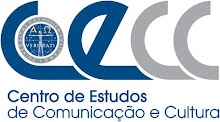Researchers: Ana Margarida Abrantes, Maria Clotilde Almeida, Peter Hanenberg
Recent findings about human cognition have reshaped our understanding of culture. While the historical perspective in the studies of culture is concerned with the origins and differentiated development of human cultural products and social organizations, the cognitive view adds to these issues the interest in the biological and cognitive conditions that made it possible for such structures to emerge in the first place. Moreover, the cognitive prism in the study of culture reveals the uniqueness of our cognitive architecture and its distinctive feature, namely that the human mind only completely unfolds in a synergy of minds. This feature of shared cognition is at the core of social and cultural organization. Human beings are cultural by nature and it is this condition that is on focus of a cognitive approach to culture, both in a diachronic perspective of the study of culture in human evolution, and the research of culture as a phenomenon in present times. The CECC project on Culture and Cognition emerges in the context of this interdisciplinary research. It aims at promoting awareness about the cognitive foundation of culture across disciplinary fields of research, which traditionally focus on specific contents of the vast field of cultural studies, and thus at reshaping the concept of culture, so that it encompasses not only its products and manifestations, but also the cognitive conditions that make it possible as a human exclusive, in the first place.
The following activities are foreseen:
